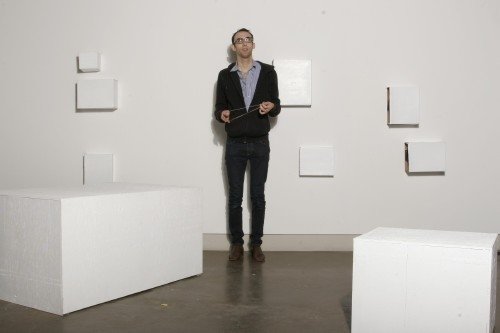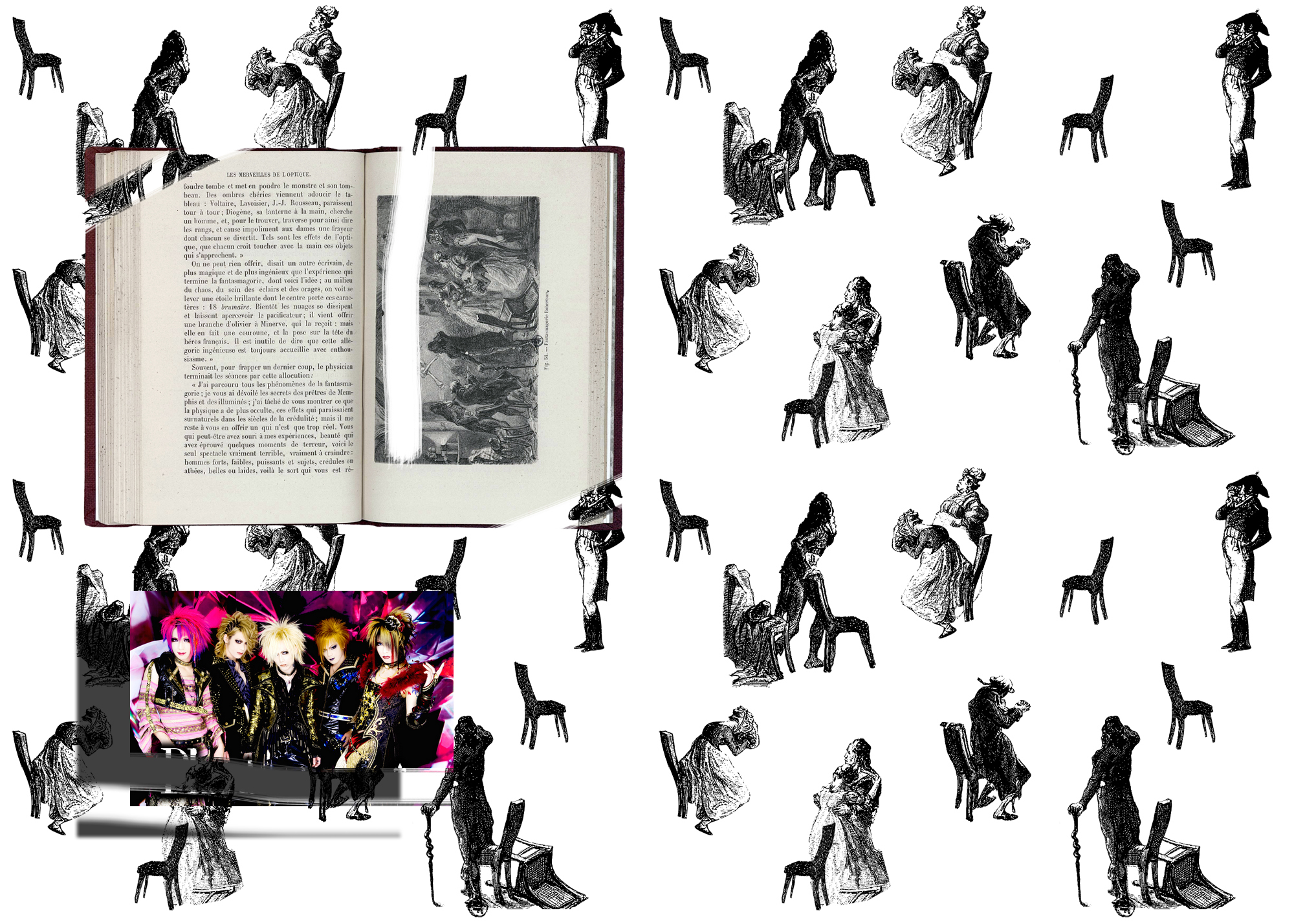Second Part
“A writer who is in haste to
be understood to-day and
to-morrow runs the danger
of being forgotten the day
after to-morrow.” (The Magus)
– I do not understand it at all.
– What is it you do not understand?
– This thing you call your prose. What can be made of these empty signs? They combine, words are formed, which then float alone, with no relation, cascading upon the page.
– Let us not speak like this, speak about the sound and signs that then form the condition for that which can be said. First, instead, let us ask ourselves, what is the difference between this empty space (which we can call the museum, the world, and so on) and ourselves? Ourselves when we say it. Is the museum us? Is it that we fill it? What happens when we say in rhyme the encounter between ourselves and the world? If I say, I and the world are one, then I have said it. Thus I am I. Thus I am the world.
– Have you not already fallen into that which circles itself and yet claims itself foundation? You mean to say, yet you do not say it. Thus in the end it is not spoken.
– In some ways, here we are in agreement. But of two things I must ask you. First, what is meant by, say it? Second, of which end do you speak?
– Ah, and here you speak so clearly.
– When I am not poet, when I do not use metre and rhyme.
– Yet, let me continue, although your questions intend to obscure (this I can hear between the sounds). I say when I speak. When I see the world and know it. There. As what is not I, even if only a conception. Even if only something I bring, only contained in a spectre that is just mine. Yet not I, instead carried on a breath. A thought as sound. A word on a page. And for your question of what end I mean when I say, in the end, I can only answer that we are speaking yet I cannot hear you. Your words are not words. You are a bell. Beautiful yet empty, always the same ring throughout the night.
– I am the bell you say. I take no issue. Thus I am the bell. And yet there is no ring without it. If I sound throughout the night, then there is no night without it. The bell is the poet. It speaks and is it. Is I. Is the sound and the night, and the words they carry upon.
– You see no night without you first to say it? There are no stars if you do not see in them a portrait? A beautiful line which will be remembered? Spoken in whispers between a lovers’ embrace?
– No I do not, if you mean by say, a word that gets spoken. Even if in fact it never can be spoken. Even if it is spoken by the world itself. With no one there, the earth can still be in song. But beautiful! Beautiful?
– What are you saying?
– Here I say nothing. You have called it beautiful, this world. I cannot be so bold. This poem (all poems) are just that. The world, so I mean to say, do I call it beautiful? That would depend on you.
– On me?
– Yes.
– Can you bear that?
– Can I bear what?
– The responsibility you embrace.
– I am alone.
– Look out. See that they are there. Watching you. A poet is read. If not now, later. But the poet is read.
– Someday. I see the reader, waiting, the book in his hand. He knows. Unlike those who surround now, he knows.
– And what if there never is this reader? Then why write at all?
– I look at the page I have just written (I answer you thus), and know that only one can read it. To begin, reading (which can be said to be the experience of encountering the world beyond oneself) cannot be done in commune. Only I see the page. It is written only for me. And so, there is no difference if the reader comes and reads it. Whether it occurred or will occur is all the same. The page is written and with it its inherent possibilities. These possible readings are also known as history.
– So then you offer no room for political action? No possibility of speaking to one another, as poet to man. Shouting, look here, the world must be changed. Art then cannot change the world?
– No it cannot. Art simply makes it. This is all it can do. It is then up to us all to choose. A choice we, unfortunately, are not equipped to make.
– What then is the point of the poet?
– There is none, but what he makes himself. Offering this world up to a one who could read it.
– And if no one ever can?
– There is always later today, or tomorrow. And finally the day after tomorrow.
– And if that day never comes?
– It is not a question of when, it is a question of how hard to press when you write upon the page. Does the mark go through to the pages beyond?
– Are you alone?
– Yes I am alone.
(silence)

